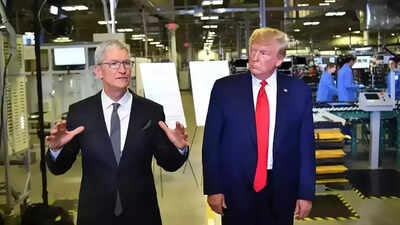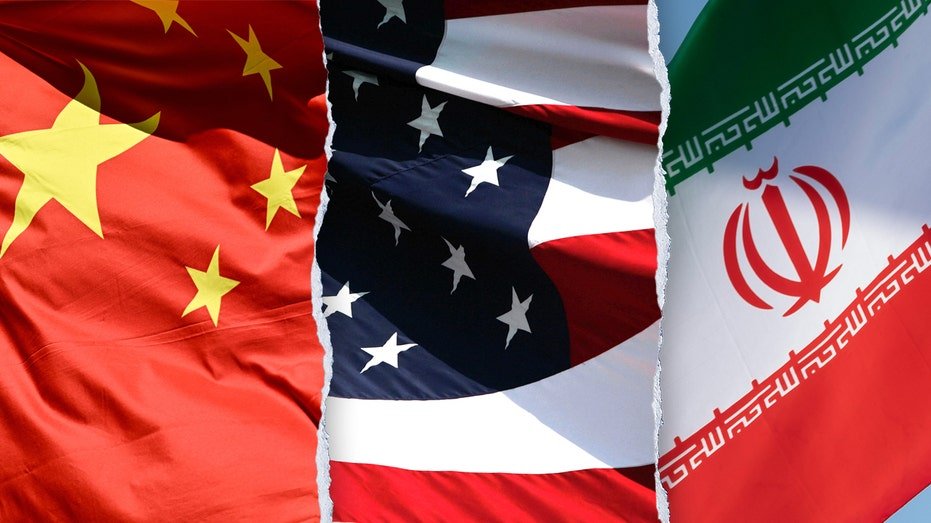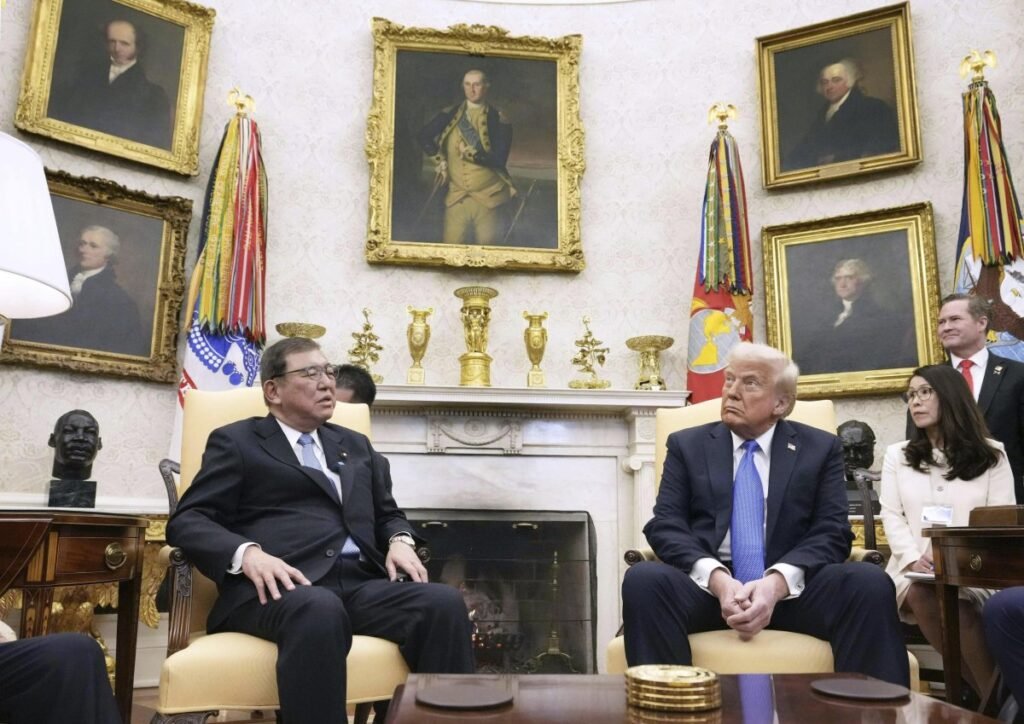
Apple‘s manufacturing partner Foxconn shipped nearly all iPhones exported from India to the United States between March and May, sending 97% of the $3.2 billion worth of devices to American consumers as the tech giant scrambles to navigate President Donald Trump’s escalating trade war with China.The dramatic shift marks a complete reversal from 2024, when only half of India’s iPhone exports went to the US, with the remainder distributed to European markets including the Netherlands, Czech Republic and Britain, according to Reuters analysis of customs data. Foxconn’s India-to-US iPhone shipments have already reached $4.4 billion in the first five months of 2025, surpassing the entire 2024 total of $3.7 billion.
Chinese smartphone exports plummet as supply chains shift
Chinese smartphone exports to the US plummeted 72% to under $700 million in April, Bloomberg data shows, marking the lowest levels since 2011. Meanwhile, China’s phone component exports to India roughly quadrupled over the past year as manufacturers shifted final assembly operations.Apple has invested heavily in Indian production capacity, with Foxconn developing a $1.5 billion Chennai plant and lobbying to reduce customs clearance times from 30 to six hours. Tata Electronics, Apple’s second Indian supplier, now ships 86% of its iPhone production to the US, up from 52% in 2024.The trade tensions highlight Apple’s delicate balancing act between avoiding punitive tariffs and maintaining cost-effective production, as the company historically relied on China for 80% of its annual 220 million iPhone units sold globally.
Apple defies Trump’s 25% tariff threat on India production
Although, Apple doesn’t seem to stop its efforts in India despite Trump’s threat of putting “at least 25%” tariffs on Indian-made iPhones, unless production moves to the United States. “We are not interested in you building in India,” Trump told CEO Tim Cook in May, demanding domestic manufacturing while Chinese-made iPhones face 55% tariffs compared to India’s baseline 10% rate.The standoff reflects broader tensions as Trump pushes for domestic manufacturing while Apple pursues cost-effective alternatives to Chinese production. Apple has pledged $500 billion in US investments over four years and CEO Cook personally contributed $1 million to Trump’s inauguration fund, yet the company continues expanding Indian operations. Trump’s tariff threats also extend to Samsung and other smartphone manufacturers, with the President warning that levies could take effect by the end of June.Industry analysts expect India-made iPhones to account for 25-30% of global shipments in 2025, compared to 18% last year. However, experts warn that fully domestic US iPhone production remains unrealistic, with estimates suggesting a “Made in America” iPhone could cost $3,500 due to supply chain complexity.







